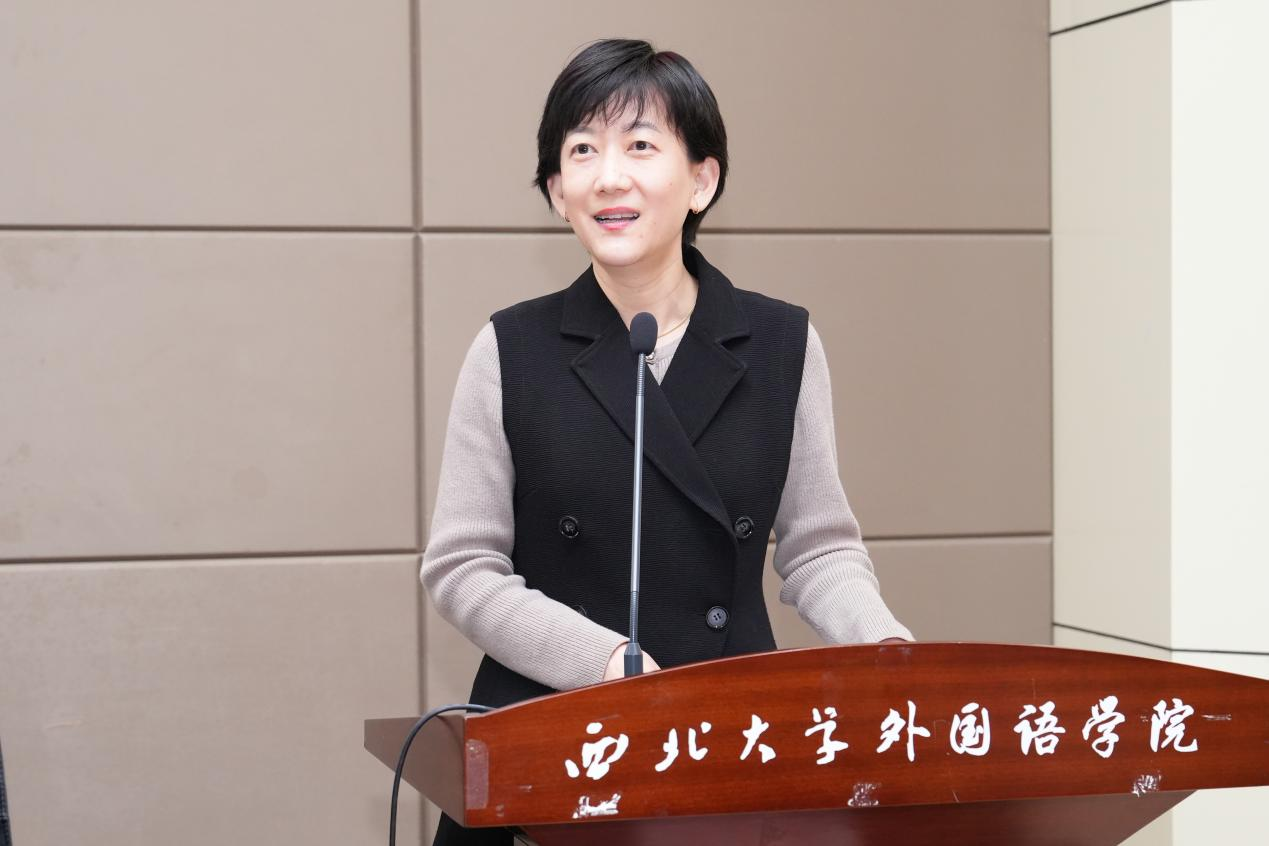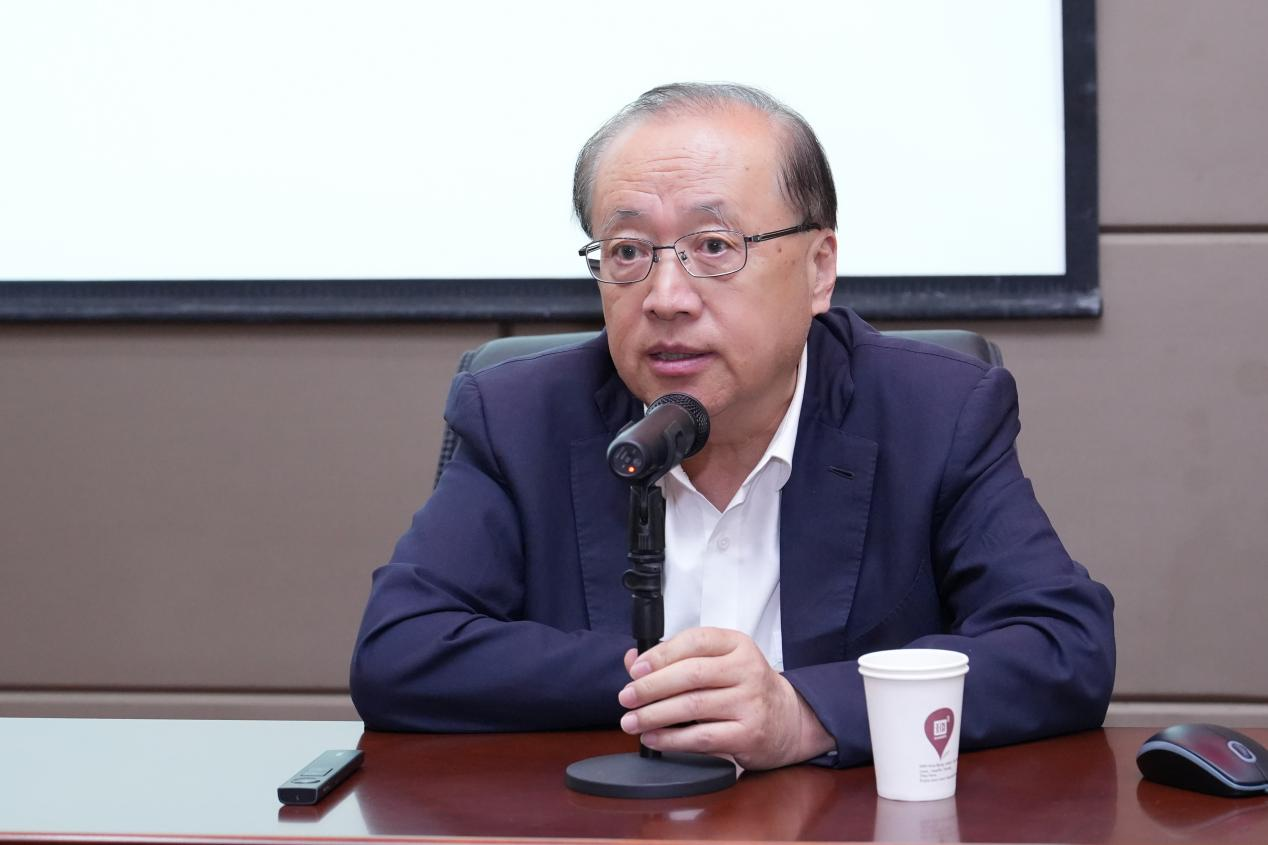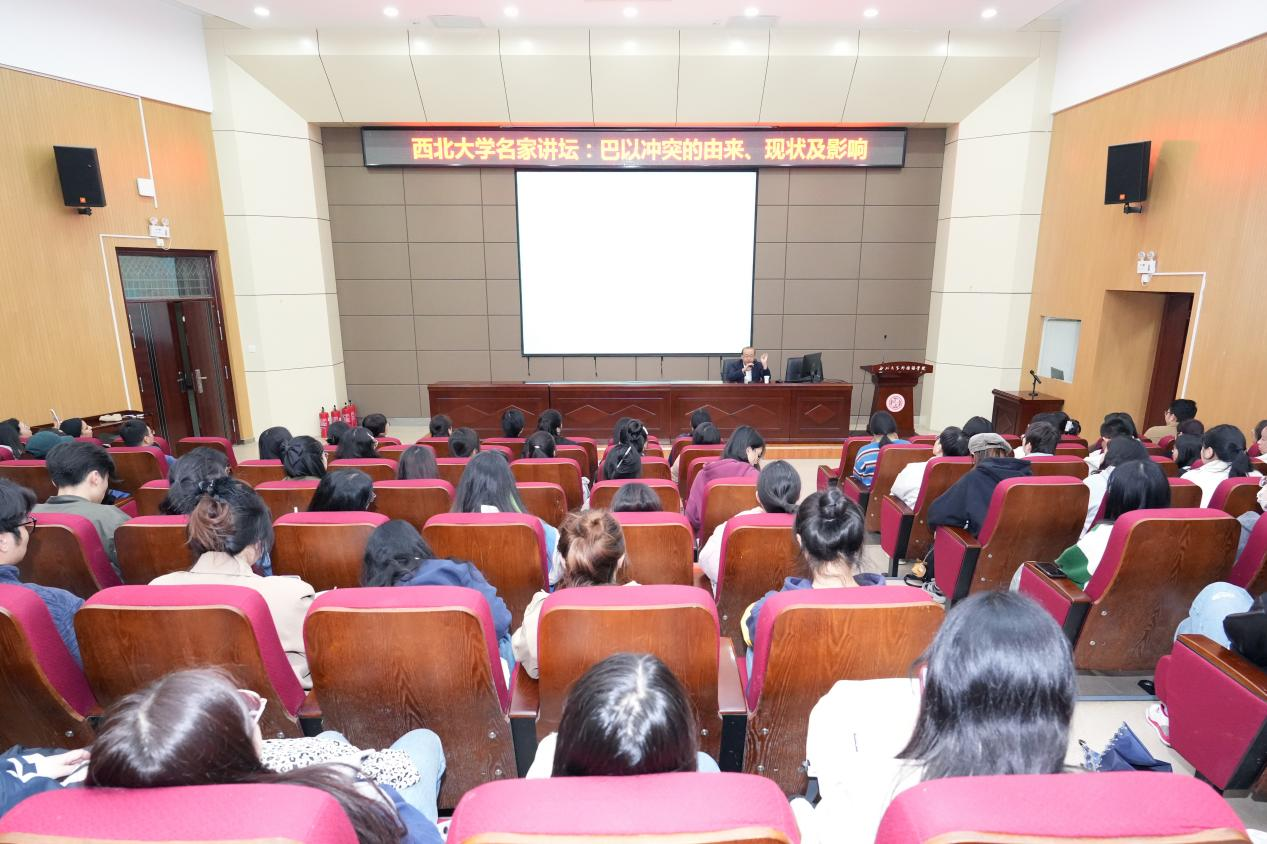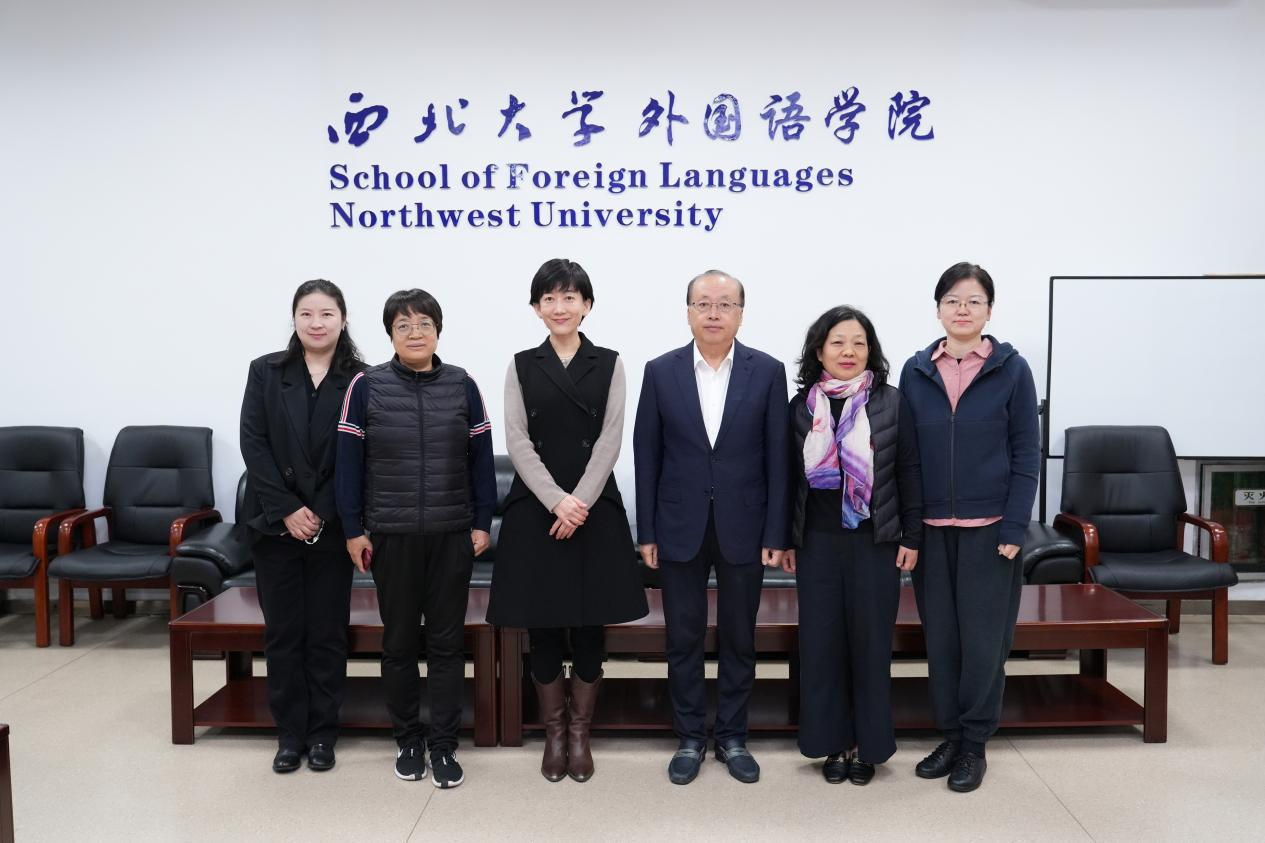On the evening of October 26, 2024, Li Shaoxian, Dean of the China-Arab States Research Institute at Ningxia University and a distinguished expert on Middle Eastern affairs, visited our school to give an academic lecture titled “The Origins, Current Status, and Impacts of the Israeli-Palestinian Conflict.” The lecture was part of the Distinguished Lecture Series at Northwest University and also marked the 38th session in the Distinguished Lecture Series of the School of Foreign Languages. Professor Cao Ruonan, Dean of the School of Foreign Languages, hosted the event, which was attended by over a hundred faculty members and students from the School of Foreign Languages.
Researcher Li Shaoxian began by stressing that the Israel-Palestine conflict is one of the most intractable and long-standing international disputes in the Middle East. The historical entanglements, religious tensions, and geopolitical rivalries behind it are deeply complex, making it both a “global challenge” and a “century-old problem.” He encapsulated the history of the conflict with the phrase: “one land, two nations, three religions, and four wars.” He further pointed out that the core issues of the conflict today still center on three key aspects: territory and sovereignty, the status of Jerusalem, and the right of Palestinian refugees to return. Finally, Researcher Li emphasized that the ongoing conflict not only destabilizes the Middle East but also has profound implications for global geopolitics. The violence results in substantial loss of life and economic damage, exacerbating regional tensions and putting immense pressure on the international community. Its far-reaching effects are shaping the strategic adjustments of major global powers, including the United States and China.
Professor Cao Ruonan emphasized in her summary that the lecture was closely aligned with the latest developments in the Israel-Palestine conflict. The content was thorough and insightful, offering attendees a more comprehensive and profound understanding of the historical context, the current situation, and the potential future trajectories of the conflict. Additionally, the lecture examined the geopolitical and religious factors underlying the conflict from multiple perspectives. She noted that the lecture provided valuable inspiration and guidance for faculty and students engaged in the ongoing study and reflection on Middle Eastern issues. Not only did it broaden their understanding of the region’s dynamics, it also sparked a renewed interest in exploring the complex historical and political factors behind regional conflicts. The insights gained will serve as important references and theoretical support for future academic research and policy analysis in this field.

Host: Professor/Dean Cao Ruonan

Speaker: Researcher Li Shaoxian

Scene of the lecture

Group photo